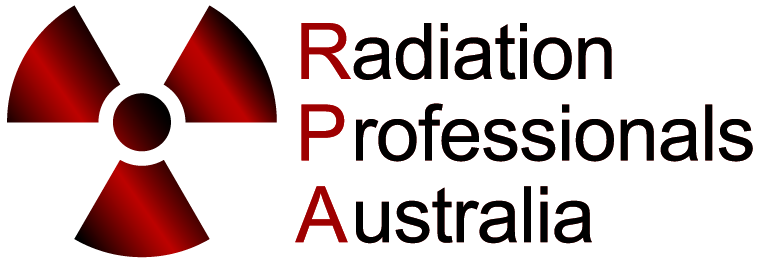NORM in Mining
The impact of NORM on both the health and safety of workers and the environment must be effectively managed through the lifecycle of the operating mining and/or mineral processing facility.
Using a structured approach to the management of NORM through robust planning, training, surveillance, analysis, and controls; the impact upon scheduling can be improved and the production efficiency of the asset can be optimized against the potential generation and accumulation of NORM. By implementing the following stages, potential NORM risks can be addressed during operations, for maintenance periods, at the end of life, for re-use and for re-deployment.
Radiation Professionals Australia consultants have extensive expertise identifying and quantifying NORM (Naturally Occurring Radioactive Material) contaminated sites and facilities in the mining industry. Support from our team includes:
- Site surveys to identify the presence of NORM
- Ongoing supervision and monitoring
- Quantification and classification of NORM present
- Supervision of remediation activities on contaminated facilities
- Storage of NORM at our facility until disposal
- Support with identifying and obtaining approval for disposal methods for you NORM
Where can NORM be found in exploration & Mining?
NORM is often found in its natural state in rocks or sand. It can also be associated with oil and gas production residue (such as mineral scale in pipes, sludge and contaminated equipment), coal ash (produced from burning coal for energy production) and on filter media (such as the used filters from municipal drinking water treatment equipment). NORM can also be present in consumer products, including common building products (like brick and cement blocks), granite counter tops, glazed tiles, phosphate fertilizers and tobacco products.
Some industries may regularly encounter NORM – for instance, those engaged in the production of oil and gas, phosphate fertilizers, forest products and thermal electricity; mineral extraction and processing; tunnelling and underground workings; metal recycling; waste management; and water treatment.
For more information on how we can help you please contact us.
7 Steps to Managing NORM
1. Training
Make sure your staff are educated and safe
2. Identification
Understand your processes and where to find it
3. Detection
Use the right tools to measure how much
4. Analysis
Collect enough data and determine quantities
5. Legislation
Understand the radiation requirements for your business
6. Reporting
Inform your business of radiation issues
7. Management
Put in place the required management processes and plans

